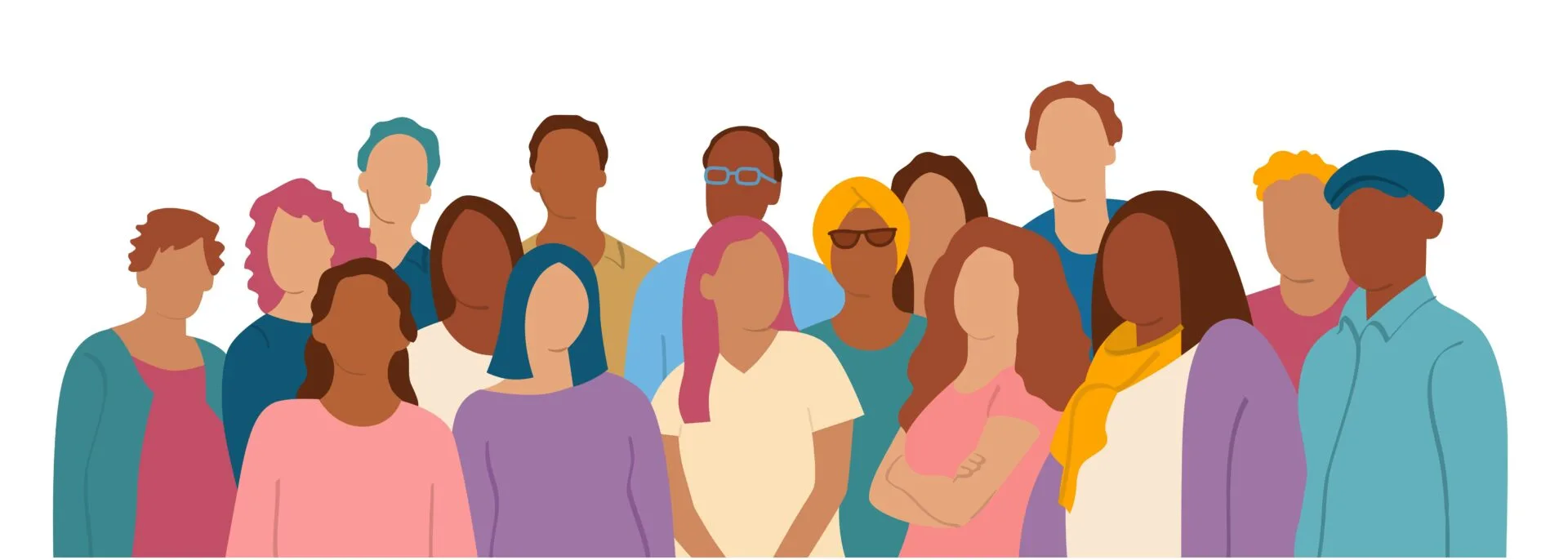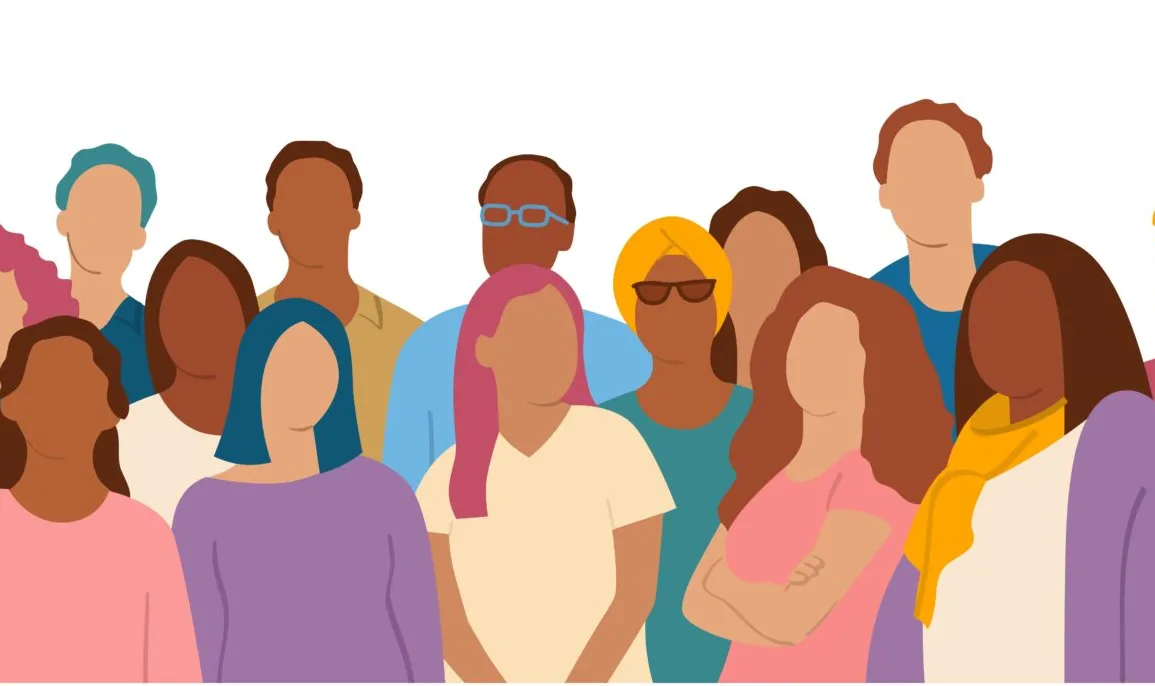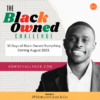
“DEI is dead,” Virginia’s Chief Diversity Officer Martin Brown exclaimed recently at the Virginia Military Institute. Brown’s proclamation resonates with some for good reason.
Only three years ago, the federal government prohibited DEI training—setting an example for state administrations to follow. Nearly a dozen states are considering legislation that would impact DEI and higher education.
Firing of DEI staff in corporate America has outpaced non-DEI layoffs, including a decline in the hiring of DEI officers by 4.5% between 2021 and 2022, according to the Washington Post.
We also recently heard the Supreme Court weigh in on and ultimately deny the utilization of race in affirmative action in higher education—nearly right in line with Justice Sandra Day O’Connors’ 2003 suggestion that in 25 years “the use of racial preferences might not be necessary.”
Despite the convention of having D-E-I statements, locally, there is a conspicuous absence in DEI statements that include “equity” in a number of major organizations in this city.
Admittedly, it’s not looking good. But we’ve actually come a long way.
Scholars point to both the desegregation of the military by Harry Truman in 1948 and the launch of the 1960s Civil Rights Movement as ushering the need to conduct diversity education—how to move a segregated society into integration and, in some instances, accept and work with colleagues who might have never been in proximity with each other at a job for extended periods of time.
Diversity practitioners helped guide a once de jure segregated economic order into the era of “equal opportunity employers.” They found that tokenism would lead to calls for increased diversity and inclusion in the field.
By the early 1970s, supplier diversity programs initially in government and eventually within the business community would signal economic inclusion efforts.
Eventually, it became an accepted fact that diversity and inclusion was good for an organization. A 2016 Harvard Review found that groups with diversity focus more on facts, process facts more carefully and are more innovative.
Numerous scholars have also noted a now widely accepted notion that diversity is also a competitive advantage for organizations.
While calls for equity preceded George Floyd’s murder, the clear lesson from that epoch shaping moment was that society could not hide from the reality that people are treated differently by systems and the difference is racialized—and that inequity is ultimately unsustainable.
DEI isn’t dead.
According to market analysts, the diversity, equity and inclusion is now an industry and is projected to reach $9 billion in 2023 and achieve a CAGR of 12.7% over the next ten years, reaching $30 billion in 2033. The main factor driving this growth will be an aging population.
America is increasingly more racially diverse and over time, our economy will likely require more immigrants from all over the world, including non-European countries, to continue economic growth.
The workforce of today and tomorrow will expect inclusivity, equity, belonging and increasingly justice.
According to a Deloitte Global Millennial and Gen Z Survey, a majority of Millennials and Gen Z believe systemic racism is real and that positive change must come from business and government leaders.
DEI has become more assertive.
DEI practitioners are evolving the industry to now include justice, belonging and accessibility as part of the conversation for moving organizations and society forward.
DEI is also moving outside of its traditional organization sites and into reparative activities that seek to address racial disparities.
Equity1821, a Black-led loan fund, is an example of the creation of an institution meant to target a disparity in business lending for Black businesses.
Black-led community organizations came together to create a Black agenda that moved the community past the median voter in politics to address the specific needs of Black Indianapolis—in an effort to address systemic problems that government hasn’t tackled in a concerted way.
The African American Legacy Fund of Indianapolis is a response formed by Black philanthropists’ desire to support causes and interventions that traditional philanthropy has not.
GangGang is a cultural development firm that activates the creative economy to bring more beauty, culture and equity to cities.
DEI is supporting HBCUs and Predominately Black Institutions like Martin University.
DEI is shifting, expanding and evolving, and if demographics are destiny, it’s not going away.



